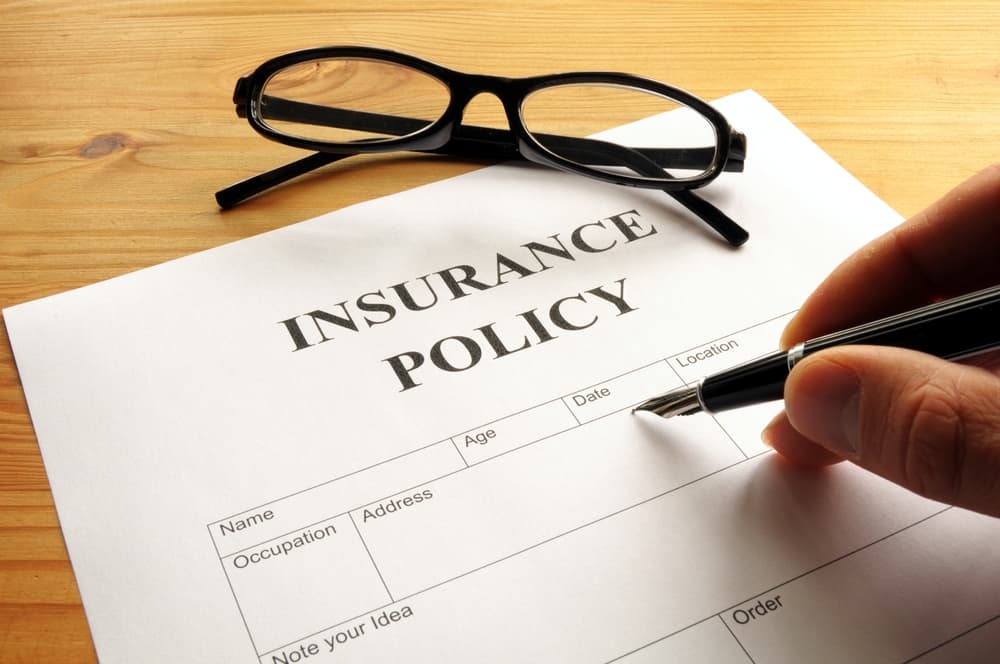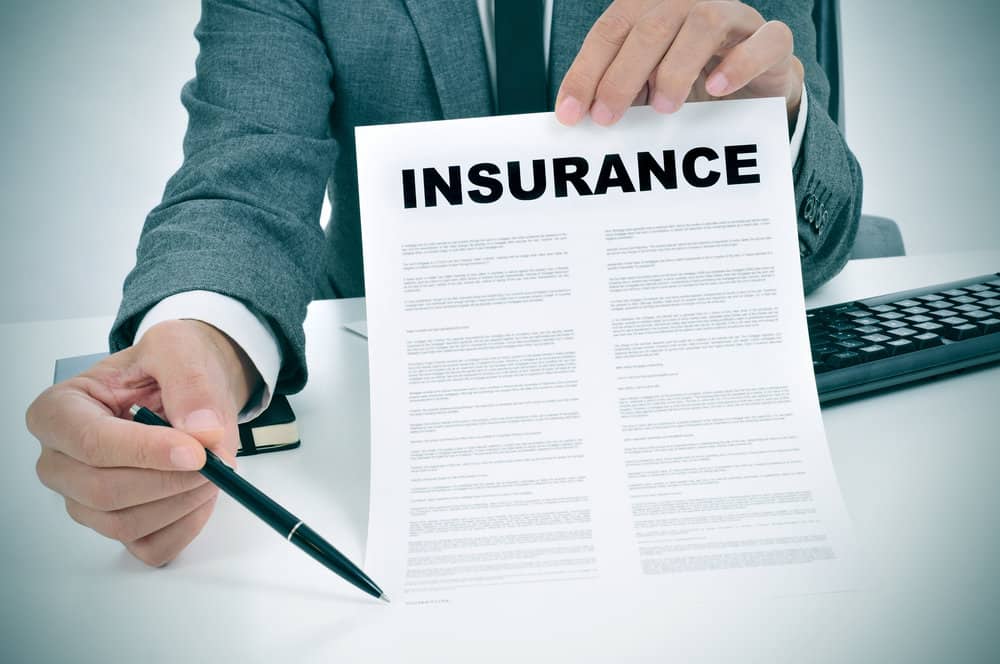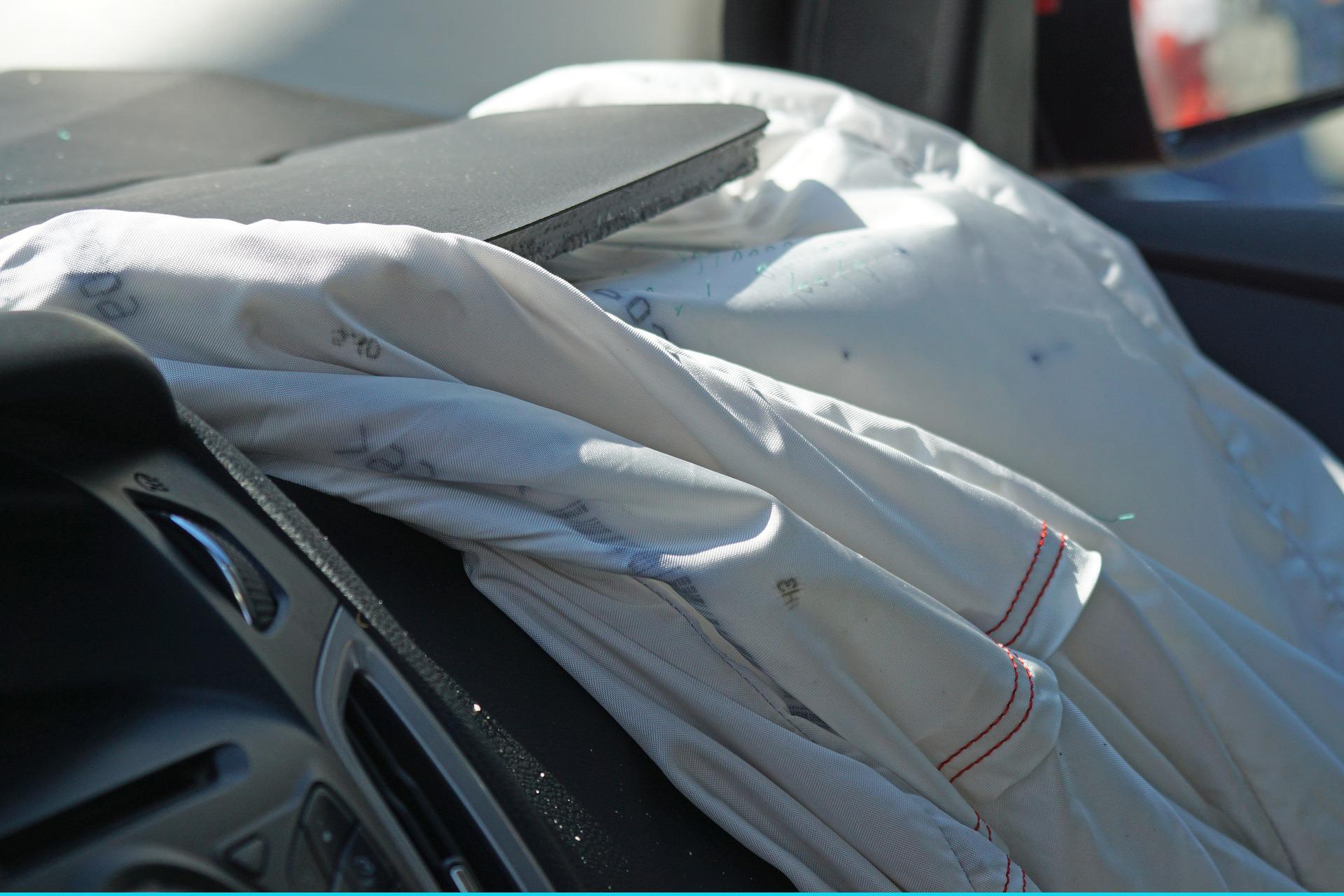It’s common knowledge that homeowners insurance is a must for your residence- it protects your property and possessions and keeps potential financial ruin at bay. But what about homeowners’ insurance for a place you’re not living permanently? This might include a summer or second home, a sublet, or any other property.
Whatever the reason for it being unoccupied, insurance companies in most states will not insure a home that the policyholder has not occupied in more than 30 days. This often has to do with residency laws, as in Pennsylvania. In this article, we’ll explore why insurers are reluctant to insure vacant homes and what homeowners can do to ensure their property is protected.
Vacant vs. Unoccupied Homes: What’s the Difference?
Although “vacant” and “unoccupied” are interchangeable grammatically, they mean two different things regarding the law and home insurance.
Legally, “vacant” means “empty,” meaning the property contains neither people nor personal property. In short, there’s nothing there, and thus no grounds for establishing residency or occupancy. “Unoccupied,” on the other hand, refers to a property with possessions, but no inhabitants, such as if the owner left the property unoccupied for a long time.
If that seems confusing to you, you’re not alone — even insurers sometimes seem to have trouble distinguishing the difference. There have been legal cases in Pennsylvania where the distinction has been misconstrued, such as in the case of Bobbi-Jo Isenberg v. State Farm Fire and Casualty Company (2022). In this case, the plaintiff’s home was undergoing extensive renovations, and the owner lived several miles away. When a fire destroyed the home, the insurance company claimed the house had been vacant and, therefore, not eligible for home insurance coverage. The court sided with the plaintiff in this case.

Why Pennsylvania Insurers Don’t Want to Cover Vacant Homes
In most cases — including Pennsylvania — insurance companies won’t cover a home that’s been unoccupied for more than 30 days.
Why? It’s simple — unoccupied and vacant homes carry an increased risk of fire, flooding, and theft precisely because they are unoccupied. With no residents noticing problems and taking steps when they occur, all sorts of things could happen, from burst pipes to malfunctioning heater units to any other problems. If a vacant or unoccupied home is subject to something like water damage, that damage might not be noticed for days, weeks, or more.
An unoccupied house might also have signs of vacancy (such as piled-up mail or an untended lawn) that could make it a magnet for thieves and vandals. This is another case where the extent of the damage or theft might not be known for a lengthy period. These factors combined make the risks an unoccupied home presents undesirable for insurers to provide coverage.
It should be noted, however, that if the property is insured against standard perils, such as fire, storms, and wind, those perils will be covered, as they would occur regardless of residency.
What Else Doesn’t Pennsylvania Home Insurance Cover?
There are some perils that almost no insurance company will cover, and Pennsylvania is no exception in this regard. Kristine Lee from The Zebra explains Pennsylvania Home Insurance here. Below are some key points:
- Homeowners insurance in Pennsylvania will not cover mold; however, if mold damage occurs due to a burst pipe, it may be covered. Some companies might offer a separate endorsement, so it’s good to shop and compare while searching for cheap Pennsylvania home insurance.
- Pennsylvania does not cover flooding by default; to be covered against flood damage, homeowners must purchase separate flood insurance.
As in many states, homeowners insurance is not required by law in Pennsylvania, although if you have a mortgage, your lender will almost certainly require you to have coverage.
Vacant Home Insurance
It’s not impossible to cover an unoccupied, or even a vacant, home — you must take out a specific policy for that purpose. A vacant home insurance policy can cover the costs of repairing a home if it is damaged, as well as protect against liability claims should an injury occur on the property. It’s also possible to get coverage against criminal acts like vandalism or theft — but a standard homeowners policy will generally not cover this.
Insurance is specifically for vacation homes, which might be considered a subtype of an “unoccupied” home. If you own the property but don’t live there full time, your home will be considered a larger-than-usual risk because of it, but it will still provide coverage. Vacation home coverage covers a narrower range of perils than standard homeowners insurance policies but will still guard against things like fire, explosions, theft, and more. What’s important is that you have the right coverage for the property, so be sure to discuss this with your insurer.


